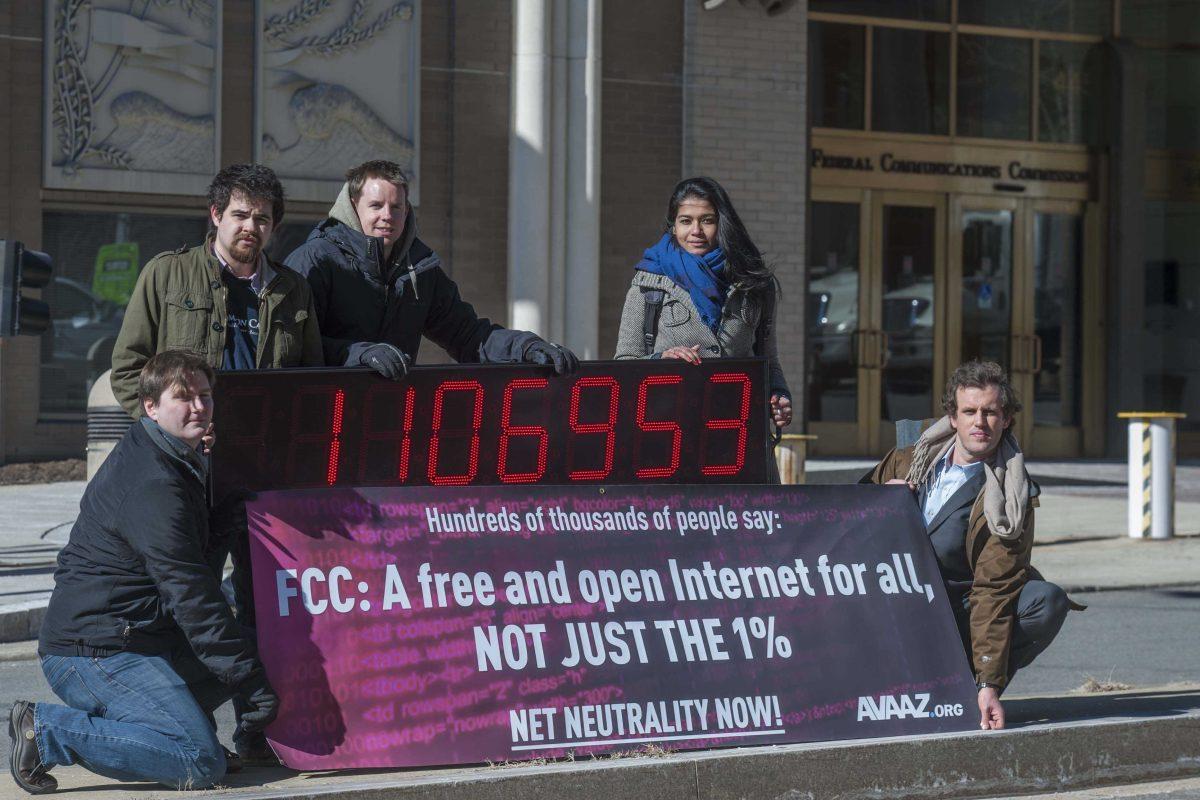Don’t freak out, but we are about to talk a little technical. Network neutrality: What the hell is that? It is something good, that’s what.
Net neutrality is the basic premise for everything we do online. It ensures that our Internet service providers don’t pick and choose what we see online. It makes sure the Internet is non-discriminatory to companies based on their ISP relationship or how much cash they cough up to them.
A free market provides an equal playing field. But if net neutrality efforts fail, ISPs will get to pick and chose which sites and connections they will support or not. In some cases, ISPs can completely block certain sites that don’t support them.
The reason net neutrality is so heavily debated is because the courts can’t decide if equal Internet access is a common enough utility. Initially, we think it’s not because not everyone has the Internet. But those that do should have the right to access whatever content is online, since that is what they’re paying for.
It seems a little unfair that people who pay for services will now be limited to whatever their provider deems beneficial for themselves.
For example, Comcast could discriminate against competitors by making their sites run slowly. Or they could completely block companies they don’t have a preferred relationship with.
If I am online shopping, I don’t want to be limited to companies that Comcast likes. We definitely don’t have the same taste in clothes.
More likely than not, it’s the already heavily trafficked sites that will be the ones paying off ISPs and keeping their online monopolies. This will further the divide between smaller companies and their mainstream competitors.
Without neutrality, the Internet will no longer be a free market and will instead be a product of whatever ISP consumers use. This is what is upsetting the general public.
The federal appeals court ended net neutrality earlier in January, after Verizon argued these neutrality rules didn’t fall into the Federal Communications Commission’s authority range.
The FCC initially passed net neutrality laws in 2010 when the organization said that ISPs, like Verizon and Cox Communication, had to give all content the same traffic potential. They have since been pushed aside as ISPs grow in power.
It’s time the FCC stands up to the Internet bullies.
A petition was presented to the FCC demanding a restoration of net neutrality. The petition reached 1 million signatures in two short weeks.
Providers like Verizon have released statements to the public saying that their service won’t change regardless of the court’s decisions.
Of course, saying that they will most definitely start charging companies for higher speed downloads and therefore force websites to demand subscriptions and higher payments from consumers wouldn’t sound that great, would it?
We need a regulated Internet. With regulation, ironically, comes freedom to consumers. That is what has made the Internet hold its appeal for so long. We don’t want to be forced into browsing designated company websites that our ISPs choose for us.
Regulation is something that every marketplace thrives from. Healthy competition allows companies to maintain morals and dedication to their customers.
There are regulations in economics, businesses and almost anything you can think of. The Internet should be no different.
If the current debate on net neutrality dies off and the court ruling holds up, the Internet of today will slowly devolve into a carefully constructed stream of monopolies and pay-to-play websites.
Until those victimized by a lack of net neutrality rules take a more public stand, ISPs will keep the Internet in the palm of their hands. Say goodbye to free online television and prepare to pay for YouTube.
Opinion: Net neutrality important for success of the Internet
February 2, 2014
IMAGE DISTRIBUTED FOR AVAAZ – Members of global advocacy group Avaaz stand next to a digital counter showing the number of petition signatures calling for net neutrality outside the Federal Communication Commission in Washington, Thursday, Jan. 30, 2014. Avaaz joined other US advocacy groups to deliver more than a million signatures for a free and democratic internet to the FCC. (Kevin Wolf/AP Images for Avaaz)
More to Discover








